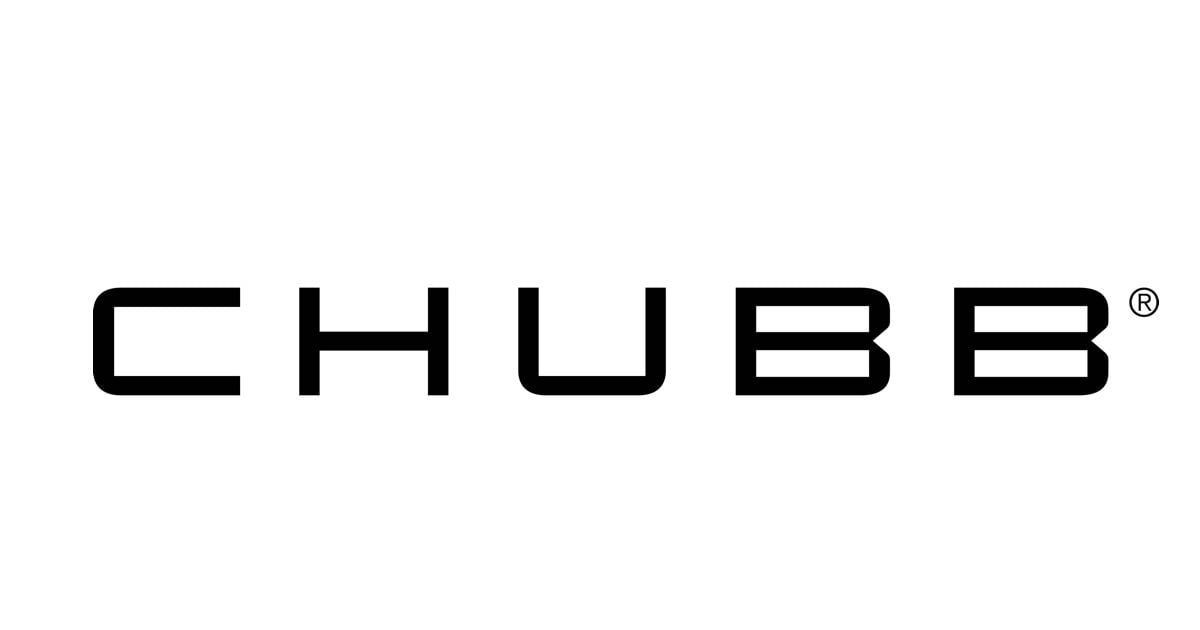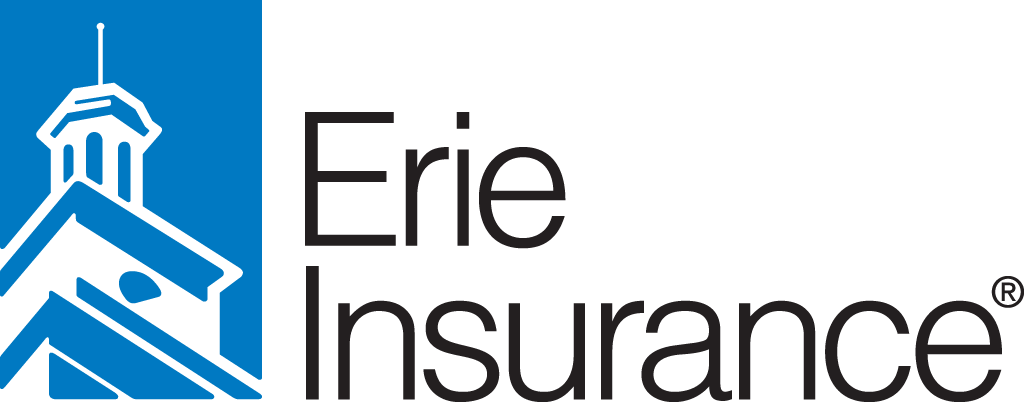Key takeaways
Chubb, USAA and Amica are some of the best home insurers in Tennessee, according to our analysis.
Allstate is the best cheap insurer in Tennessee, with a star rating of 4.5 and an average annual premium of $2,175.
Chubb, USAA and Amica are among the best home insurance companies in Tennessee, according to our analysis.
To help you find the best home insurance in Tennessee, we gathered and analyzed data from insurance companies across the state. These are the insurers that earned 4.5 stars or more.
Rates are based on a sample homeowner with no recent claims, $300,000 of dwelling coverage, $300,000 of liability coverage and a $1,000 deductible.
Company | NerdWallet star rating | Average annual rate |
|---|---|---|
Not available | ||
Not available | ||
Not available | ||
$2,465 | ||
Not available | ||
$2,915 | ||
$2,175 | ||
Not available | ||
USAA* | $1,890 | |
*USAA membership is open only to active military, veterans, some federal employees and their families. | ||
Get home insurance quotes in minutes
Answer a few questions to see custom quotes and find the right policy for you.The best homeowners insurance in Tennessee
Here's more information about the best homeowners insurance companies in Tennessee.
Note: Some insurance companies included in this article may have made changes in their underwriting practices and no longer issue new policies in your state.

Chubb
- Far fewer consumer complaints than expected for a company of its size.
- Standard coverage includes features that many companies offer only as extras.
- Perks to help you protect your home.
- Most consumers can't get a quote online and will instead need to contact a local agent.
Chubb caters to well-to-do homeowners, offering coverage that often costs extra from other insurers. For example, the company’s policies include extended replacement cost coverage for your home, in case it costs more than your dwelling limit to rebuild after a disaster. Chubb’s standard policies also cover water damage from backed-up sewers and drains.
Policyholders in Tennessee are eligible for free Wildfire Defense Services. These services include personalized recommendations for protecting your home and firefighters sent to your home if a wildfire is near.
» READ MORE: Chubb homeowners insurance review

Amica
- High customer satisfaction ratings and low consumer complaints.
- Platinum Choice package offers extra coverage.
- Dividend policies can return a portion of your premiums.
- You can start a quote online but may have to finish the buying process by phone.
Amica shines when it comes to coverage. For example, you can customize your policy with extra coverage above your dwelling limit. You can also add coverage for identity theft or damage from backed-up drains.
Amica also scores well on customer service. It gets far fewer complaints compared to other insurers, according to the National Association of Insurance Commissioners. Amica also scored well in two recent J.D. Power surveys about home insurance and customer satisfaction.
» READ MORE: Amica homeowners insurance review

Cincinnati Insurance
- Various coverage options.
- Far fewer complaints than expected for a company of its size.
- Coverage available for higher-value homes.
- No online quotes.
- Very little information on website.
If you want to support insurers that value sustainability, consider Cincinnati Insurance. In recent years, the insurer has reduced fossil fuel emissions from both its facilities and company vehicles. When you buy Cincinnati home insurance, you may be able to add a “green upgrade” endorsement. With this coverage, you can use eco-friendly materials to repair or rebuild your home after a claim.
The company offers several other options, including comprehensive coverage for high-value homes. You may be able to add coverage for things like identity theft, personal cyber attacks or certain types of water damage.
» READ MORE: Cincinnati homeowners insurance review
State Farm
- User-friendly website.
- Agents offer personalized service.
- Policies generally include extra coverage for your home’s structure.
- Below average for claim satisfaction in a recent J.D. Power study.
As America’s largest home insurer, State Farm stands out for its long list of coverage options, including things like identity theft and water damage from backed-up drains. Another option may be to add an inflation guard rider to your policy. This automatically increases your policy limits to keep up with rising costs.
State Farm’s policies generally include extra dwelling coverage in case it costs more than expected to rebuild your home.
State Farm offers a free Ting smart plug to home insurance policyholders. This device monitors your home’s electrical network to help prevent fires.
» READ MORE: State Farm homeowners insurance review

Country Financial
- Policies may include guaranteed replacement cost coverage.
- Receives far fewer complaints than expected for a company of its size.
- Can get an online quote but must finish the purchase over the phone.
Country Financial has multiple levels of homeowners coverage to help you customize your package for your needs. You can add extra coverage for the structure of your home, your belongings or both.
Country Financial sells homeowners insurance through local representatives. The insurer gets far fewer complaints than expected for a company of its size.
» READ MORE: Country Financial homeowners insurance review

Erie
- Policies may include guaranteed replacement cost coverage.
- Receives fewer complaints than expected for a company of its size.
- High customer satisfaction ratings in recent J.D. Power studies.
- No online quotes.
Erie includes guaranteed replacement cost coverage for the structure of your home in most of the states it covers. With this coverage, the company will pay to rebuild your home completely after a disaster, even if it costs more than your dwelling limit. Many insurers don’t offer this at all, even as an option.
If you bundle your home and auto insurance with Erie, you could get a discount of 15% or more. You may also be able to save on your premium if your home has safety and security features such as smoke alarms or sprinkler systems.
» READ MORE: Erie homeowners insurance review
Allstate
- Lots of discounts to help you save.
- Home-sharing coverage available.
- Many ways to customize your coverage.
- Ranked below average for consumer satisfaction in recent J.D. Power studies.
Allstate offers lots of ways to customize your policy, including replacement cost coverage for your personal property and coverage for water damage caused by backed-up drains. Other options may include home-sharing coverage and reimbursement for replacing damaged items with energy-efficient versions.
You might have the option to upgrade your policy with the Enhanced Package. One benefit of this package is Deductible Rewards, which takes $100 off your deductible when you sign up, plus an additional $100 off for each year you go without filing a claim. If you do file a claim, your rates won’t go up.
» READ MORE: Allstate homeowners insurance review

Openly
- Policies typically include guaranteed replacement cost coverage for your home's structure.
- Broad coverage for personal belongings.
- No restricted dog breeds.
- No online quotes.
Openly’s default homeowners policy goes significantly beyond those of many other insurers. Most notably, it offers guaranteed replacement cost coverage for the structure of your home.
Unlike many other insurers, Openly doesn’t have dog breed restrictions that could affect your ability to get liability coverage. It may also be a good bet for homeowners with collections of jewelry or other valuables, with up to $100,000 of blanket coverage available for these items.
» READ MORE: Openly homeowners insurance review

USAA
- Policies include standard coverage that often costs extra elsewhere.
- Fewer customer complaints to state regulators than expected for a company of its size.
- Perks for military homeowners.
- Available only to active military members, veterans, some federal employees and their families.
USAA sells homeowners insurance to active military members, veterans, some federal employees and their families.
The company offers some perks for members of the military, like deductible-free coverage for military uniforms and equipment. USAA will also waive your deductible if your personal property is damaged or lost due to war.
USAA homeowners insurance has certain features that many insurers charge extra for. For example, USAA covers your personal belongings on a replacement cost basis. That means you’ll get enough money to buy brand-new replacements for damaged items. Many companies pay only what your items are worth at the time of the claim.
» READ MORE: USAA homeowners insurance review
- See all NerdWallet home insurance reviews
How much does homeowners insurance cost in Tennessee?
The average annual cost of home insurance in Tennessee is $2,850. That’s 35% more than the national average of $2,110.
In most U.S. states, including Tennessee, many insurers use your credit-based insurance score to help set rates. Your insurance score is similar but not identical to your traditional credit score.
In Tennessee, those with poor credit pay an average of $6,060 per year, according to NerdWallet’s rate analysis. That’s 113% more than those with good credit.
Average cost of homeowners insurance in Tennessee by city
How much you pay for home insurance in Tennessee will depend on your ZIP code. For example, the average cost of homeowners insurance in Nashville is $2,840 a year, while homeowners in Memphis pay an average of $3,395 per year.
City | Average annual rate | Average monthly rate |
|---|---|---|
Antioch | $2,790 | $233 |
Brentwood | $2,495 | $208 |
Chattanooga | $2,660 | $222 |
Clarksville | $2,985 | $249 |
Cleveland | $2,680 | $223 |
Collierville | $3,680 | $307 |
Columbia | $3,130 | $261 |
Cookeville | $3,160 | $263 |
Cordova | $3,475 | $290 |
Crossville | $3,130 | $261 |
Franklin | $2,555 | $213 |
Gallatin | $2,725 | $227 |
Hendersonville | $2,675 | $223 |
Jackson | $3,555 | $296 |
Johnson City | $2,465 | $205 |
Kingsport | $2,175 | $181 |
Knoxville | $2,485 | $207 |
Lebanon | $2,980 | $248 |
Maryville | $2,545 | $212 |
Memphis | $3,395 | $283 |
Mount Juliet | $2,755 | $230 |
Murfreesboro | $3,055 | $255 |
Nashville | $2,840 | $237 |
Sevierville | $2,465 | $205 |
Smyrna | $2,940 | $245 |
The cheapest home insurance in Tennessee
Here are the insurers we found with average annual rates below the Tennessee average of $2,850.
Company | NerdWallet star rating | Average annual rate |
|---|---|---|
$2,175 | ||
$2,465 | ||
Tennessee Farm Bureau | Not rated | $2,520 |
$2,755 | ||
USAA* | $1,890 | |
*USAA membership is open only to active military, veterans, some federal employees and their families. | ||
Get home insurance quotes in minutes
Answer a few questions to see custom quotes and find the right policy for you.Common risks for Tennessee homeowners
Here are a few things to keep in mind when evaluating home insurance options in Tennessee.
Tornadoes
While most homeowners insurance policies cover wind damage, depending on where you live, you may have a separate deductible for wind or hail damage. (A deductible is the amount subtracted from your claim payout.) For example, you might have a $1,000 deductible for most claims and a 1% deductible for wind claims. So if your house has $250,000 worth of dwelling coverage, you’d have to pay for the first $2,500 of wind damage yourself.
Flooding
Homeowners insurance usually doesn't cover water damage caused by flooding. For that, you’ll need to buy flood insurance. Note that while you can buy flood coverage anytime, there’s typically a 30-day waiting period before your policy takes effect.
To check your flood risk, start by looking up your address on the Federal Emergency Management Agency's flood maps. However, FEMA’s maps don’t always capture all types of flood risk. You may want to check another source, like First Street, a private company that models climate hazards. Enter your address at the top of the page to see your home’s flood risk rating on a scale of 1 to 10.
Sinkholes
Most homeowners insurance policies won’t cover damage caused by sinkholes. By law, Tennessee home insurance companies must offer you the option to add sinkhole coverage to your policy.
Tennessee department of insurance
The Department of Commerce and Insurance oversees Tennessee's insurance industry. You can file a complaint against your insurance company online, by mail or via fax. The site also offers educational information about insurance and other consumer resources. For answers to specific insurance questions, call 800-342-4029.
How we rate homeowners insurance
NerdWallet’s star ratings reward companies for consumer-first features and practices. We evaluate factors such as consumer experience, coverage, discounts and financial strength.
In our research, we analyzed:
More than 270 million homeowners insurance rates.
More than 100 insurance companies.
Nearly 200 homeowner profiles.
View our complete homeowners insurance rating methodology.
- Find home insurance in other states
Frequently asked questions
Is homeowners insurance required in Tennessee?
Is homeowners insurance required in Tennessee?
Home insurance isn’t legally required in Tennessee, but your mortgage lender may require you to have it. For more information, read Is Homeowners Insurance Required?
Does Tennessee home insurance cover flooding?
Does Tennessee home insurance cover flooding?
Homeowners insurance usually doesn't cover flood damage. If you’re concerned about the risk of flooding, you’ll need to get separate flood insurance.
How can I save money on homeowners insurance in Tennessee?
How can I save money on homeowners insurance in Tennessee?
There are several ways to save money on home insurance in Tennessee:
Shop around for the best rate.
Choose a higher deductible. You’ll pay more out of pocket for any claims, but your annual or monthly premium will be lower.
Bundle your home and auto insurance for an overall lower rate. Check out the best home and auto insurance bundles.
Ask your insurer if you qualify for any home insurance discounts.
Star rating methodology
NerdWallet’s homeowners insurance ratings reward companies for customer-first features and practices. Ratings are based on weighted averages of scores in several categories, including financial strength, consumer complaints, coverage, discounts, claims process and website functionality. These ratings are a guide, but we encourage you to shop around and compare several insurance quotes to find the best rate for you. NerdWallet does not receive compensation for any reviews or star ratings.
Here’s how we weighted each category to come up with our list of the best home insurance companies:
Consumer experience (40%).
Financial strength (30%).
Coverage (25%).
Discounts (5%).
Read our full home insurance ratings methodology for more details.
Homeowners insurance rates methodology
NerdWallet calculated median rates for 40-year-old homeowners from various insurance companies in the 25 largest cities in each U.S. state by population. All rates are rounded to the nearest $5.
Sample homeowners were nonsmokers with good credit living in a single-family, two-story home built in 1984. They had a $1,000 deductible and the following coverage limits:
$300,000 in dwelling coverage.
$30,000 in other structures coverage.
$150,000 in personal property coverage.
$60,000 in loss of use coverage.
$300,000 in liability coverage.
$1,000 in medical payments coverage.
We made minor changes to the sample policy in cases where rates for the above coverage limits or deductibles weren’t available.
In states where credit is a rating factor, we changed the credit tier from “good” to “poor,” as reported to the insurer, to see rates for homeowners with poor credit.
These are sample rates generated through Quadrant Information Services. Your own rates will be different.
Complaint methodology
NerdWallet examined complaints received by state insurance regulators and reported to the National Association of Insurance Commissioners in 2022-2024. To assess how insurers compare with one another, the NAIC calculates a complaint index each year for each subsidiary, measuring its share of total complaints relative to its size, or share of total premiums in the industry. To evaluate a company’s complaint history, NerdWallet calculated a similar index for each insurer, weighted by market shares of each subsidiary, over the three-year period.
NerdWallet conducts its data analysis and reaches conclusions independently and without the endorsement of the NAIC. Ratios are determined separately for auto, home (including renters and condo) and life insurance.

